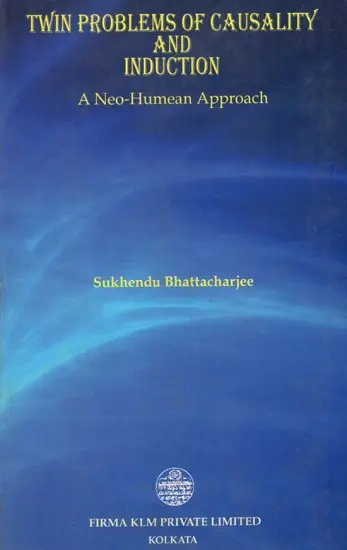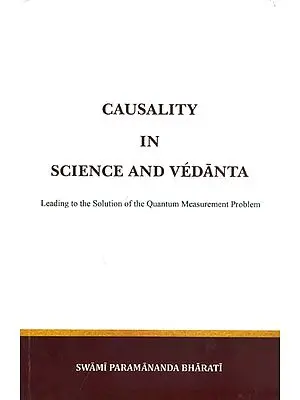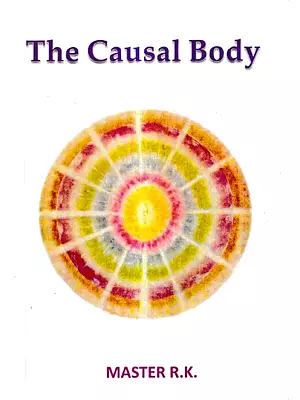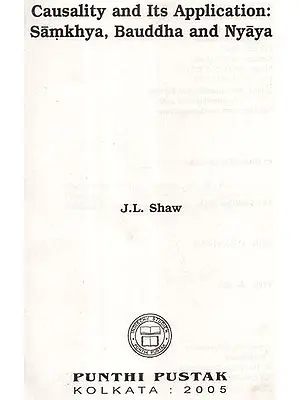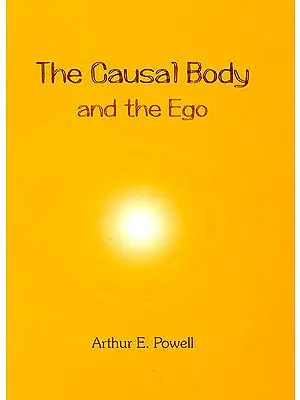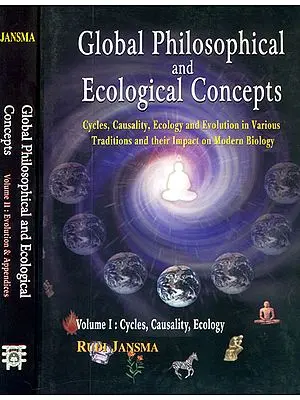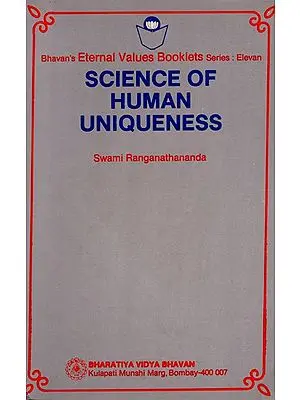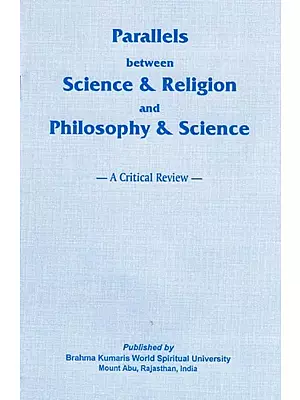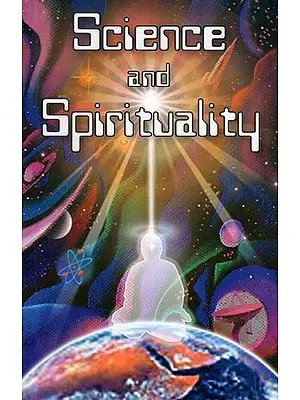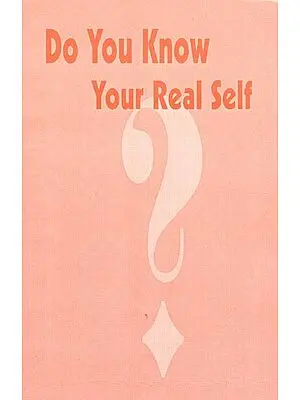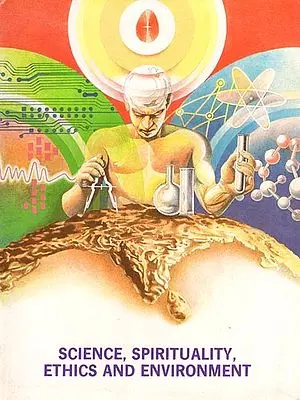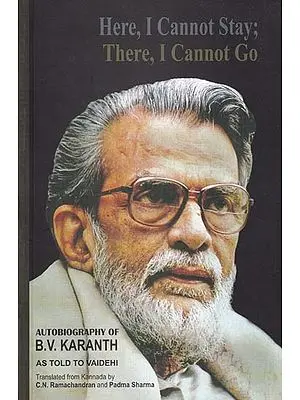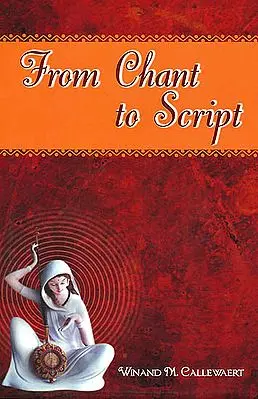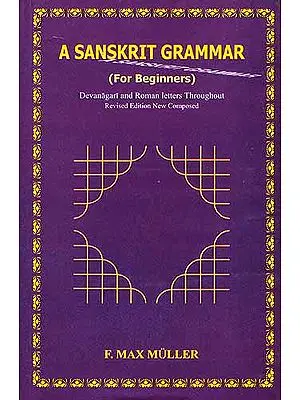Twin Problems of Causality and Induction: A Neo-Humean Approach
| Specifications |
| Publisher: Firma KLM Private Limited, Calcutta | |
| Author Sukhendu Bhattacharjee | |
| Language: English | |
| Pages: 375 | |
| Cover: HARDCOVER | |
| 8.5x5.5 inch | |
| Weight 490 gm | |
| Edition: 2013 | |
| ISBN: 8171021751 | |
| HAX906 |
| Delivery and Return Policies |
| Ships in 1-3 days | |
| Returns and Exchanges accepted with 7 days | |
| Free Delivery |
The author theorizes that modern science constructing systems of knowledge about causal phenomena in different departments of Nature and developing one system from another, takes its stand on the correlational aspect of causality rather than on its aspect of regular sequence or on its supposed aspect of necessary connection. But apart from correlational structures built by science for its own explanatory purposes, there is a whole host of issues concerning various aspects of causality such as regularity of sequence which is perceivable - though never perceived as perfectly invariable, probability which may be estimable or calculable and even rated as 'high' or 'nearly certain' but which can never be conceived as convertible to absolute certainty, and necessity which may be idealized as deterministic - but never realized as self-evidently implicative. There is also the issue of determining the causality of mental phenomena, and of interpreting those uncertainties of the subatomic world that are incomprehensible from the causal viewpoint of macrophysics. All such issues have been raised, and discussed with as much thoroughness as they deserve. Besides, a whole chapter has been devoted to an understanding of the problem of Induction taken in both its logical and scientific sense of arguing from particular cases to a probabilized generality. Empirical deduction set apart from pure deduction, has been shown to be allied to induction taken in its scientific sense. An epilogue has been added to determine the causal status of the subatomic world vis-à-vis that of the macroscopic world.
The author, formerly a Lecturer in Philosophy at F.C. College Diamond Harbour, West Bengal, has already produced three important philosophical works each stimulating and thought- provoking, viz. (a) 'Problem And Philosophy: A Metaphilosophical Approach'; (b) The Moral Problem In Search Of A Solution'; and (c) Thoughts On Democracy: Enquiry Concerning Majority Rule Versus Individual Freedom'. The present work is his fourth publication where he takes an independent approach to the whole gamut of issues concerning causality and induction that have been major topics of discussion in present-day philosophy as influenced by twentieth- century developments in modern science- particularly by Einstein's Special and General Theory of Relativity, by nuclear physics and by quantum mechanics.
Three hundred years have elapsed since David Hume (1711-76) was born on 7th May, 1711, in Edinburgh of Scotland, and certainly more than 250 years have passed away since the publication of 'A Treatise Of Human Nature' in 1739-40 and the publication of the popularly acclaimed 'An Enquiry Concerning Human Understanding' in 1748, based upon his less popular earlier work. But the challenge still stands - the challenge to controvert his empirical position on the nature of causal relationship as consisting in merely a perceivable relation of regular sequence between antecedent and consequent phenomena.
It is not the case that our view of the nature of causal relationship determines our view of the nature of reality. On the contrary, every view of the nature of causal relationship between two events-one connected with the other in terms of invariable sequence, assumes a certain view of reality, in the context of which that relationship is set and made meaningful. For examples, Aristotle who first took the trouble of classifying 'causes', framed his theory of causality in the background of a teleological view of reality; Descartes, Spinoza and Leibniz who upheld the rationalist view of reality, considered causal relationship to be 'necessary' in nature in one or another sense, Berkeley who believed all objects to be ideas produced by God, the Infinite Mind, and perceived by the finite minds of human beings, considered all causality to be 'willed' by God Himself. Hume too, it may be surmised, set his regularity theory of causal connection in the background of the Newtonian system of Natural reality that admitted self- identical material objects existing in Space and events happening in Time as the mathematically calculable, as well as predictable, results of forces making objects act upon each other so as to change their present positions or affect their movements. It is in the context of this same Newtonian system that Kant also set his theory of causal relation between two natural events as a necessary one. But while Hume interpreted the causal relation between two events as merely a regularly experienced sequence between the two-devoid of necessity, Kant interpreted the same as objectively necessary - objective necessity being conferred upon a regular sequence of events, having causal importance, by causality not as an empirical but as an a priori concept acting as one of the twelve categories of the Understanding, imparting causal meaning to experience, and thus rendering, along with other Categories, sense- intuitions received through the forms of Space and Time, into meaningful 'objects' or phenomena of Nature which the Understanding thus 'makes' to be what it is.
-
Q. What locations do you deliver to ?A. Exotic India delivers orders to all countries having diplomatic relations with India.
-
Q. Do you offer free shipping ?A. Exotic India offers free shipping on all orders of value of $30 USD or more.
-
Q. Can I return the book?A. All returns must be postmarked within seven (7) days of the delivery date. All returned items must be in new and unused condition, with all original tags and labels attached. To know more please view our return policy
-
Q. Do you offer express shipping ?A. Yes, we do have a chargeable express shipping facility available. You can select express shipping while checking out on the website.
-
Q. I accidentally entered wrong delivery address, can I change the address ?A. Delivery addresses can only be changed only incase the order has not been shipped yet. Incase of an address change, you can reach us at help@exoticindia.com
-
Q. How do I track my order ?A. You can track your orders simply entering your order number through here or through your past orders if you are signed in on the website.
-
Q. How can I cancel an order ?A. An order can only be cancelled if it has not been shipped. To cancel an order, kindly reach out to us through help@exoticindia.com.














